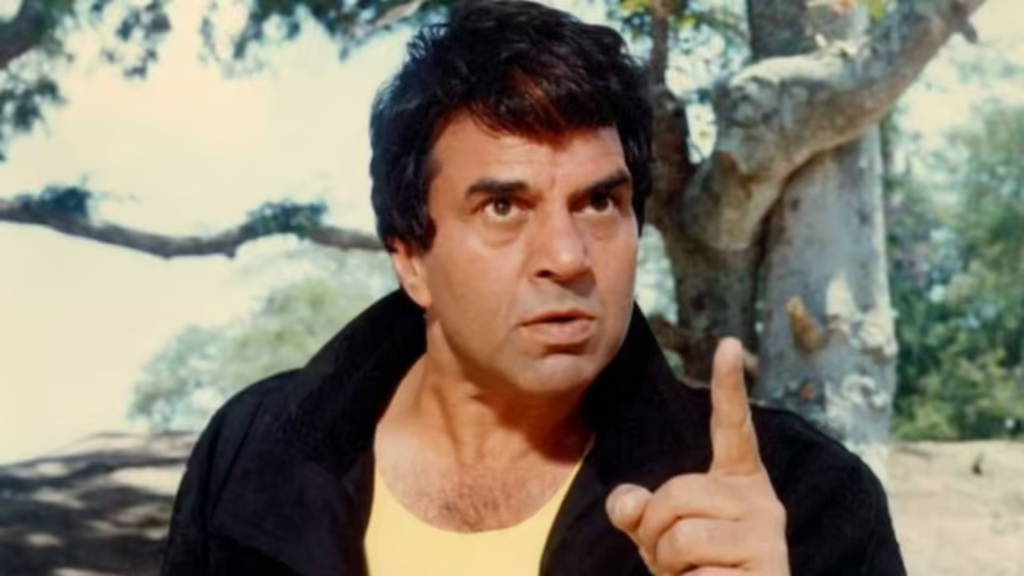Now Reading: Tier-2 Entrepreneurs on Shark Tank India: Real Impact or Just TV Drama?
-
01
Tier-2 Entrepreneurs on Shark Tank India: Real Impact or Just TV Drama?
Tier-2 Entrepreneurs on Shark Tank India: Real Impact or Just TV Drama?

Over the past few seasons, Shark Tank India has increasingly featured entrepreneurs from Tier-2 cities like Indore, Nagpur, Jaipur, and Bhubaneswar. With emotional pitches, small-town grit, and unique ideas, these founders have grabbed screen time and investor attention. But beyond the applause and offers, a crucial question remains: is the show truly empowering Tier-2 entrepreneurs, or is it more of a reality TV spectacle?
Spotlight on Aspirations
For many entrepreneurs in smaller cities, appearing on Shark Tank India offers more than just a shot at funding—it’s a platform to showcase their innovation on a national stage.
From eco-friendly startups in Bhopal to tech-enabled services in Coimbatore, the exposure brings in customer attention, distributor interest, and credibility. For some, even without a deal, the pitch alone leads to growth opportunities.
Funding vs. Fulfilment
While several pitches receive on-screen offers, not all of them result in actual funding once due diligence begins. Entrepreneurs often report changes in valuation terms or delayed follow-ups.
This raises concerns about the gap between televised drama and business reality. Still, many founders value the learning experience, investor feedback, and media buzz, even if the investment doesn’t materialise.
Representation with Challenges
The growing number of participants from Tier-2 cities marks a shift in the Indian startup ecosystem. Language diversity, regional business models, and grassroots innovations are getting recognition.
However, some critics argue the show still leans toward more polished, metro-centric narratives—often sidelining deeper challenges that small-town founders face like infrastructure gaps, lack of mentorship, and limited access to capital.
Cultural Influence and Local Inspiration
One undeniable impact of Shark Tank India is its influence on local entrepreneurial culture. College students, homemakers, and young professionals from non-metro cities are increasingly inspired to explore business ideas.
Workshops, pitch competitions, and startup meetups are gaining popularity in cities like Nashik, Kanpur, and Vijayawada—reflecting a new wave of ambition spurred partly by the show.
Conclusion: More Than Entertainment, But Not Quite a Game-Changer
Shark Tank India has undoubtedly opened doors for Tier-2 entrepreneurs, bringing visibility and some funding to deserving ventures. Yet, it’s important to separate showbiz from sustainable support.
For lasting impact, the momentum must be matched by local startup ecosystems, consistent mentorship, and real follow-through—both on and off the screen. Only then can these stories turn from primetime pitches into long-term success.

























